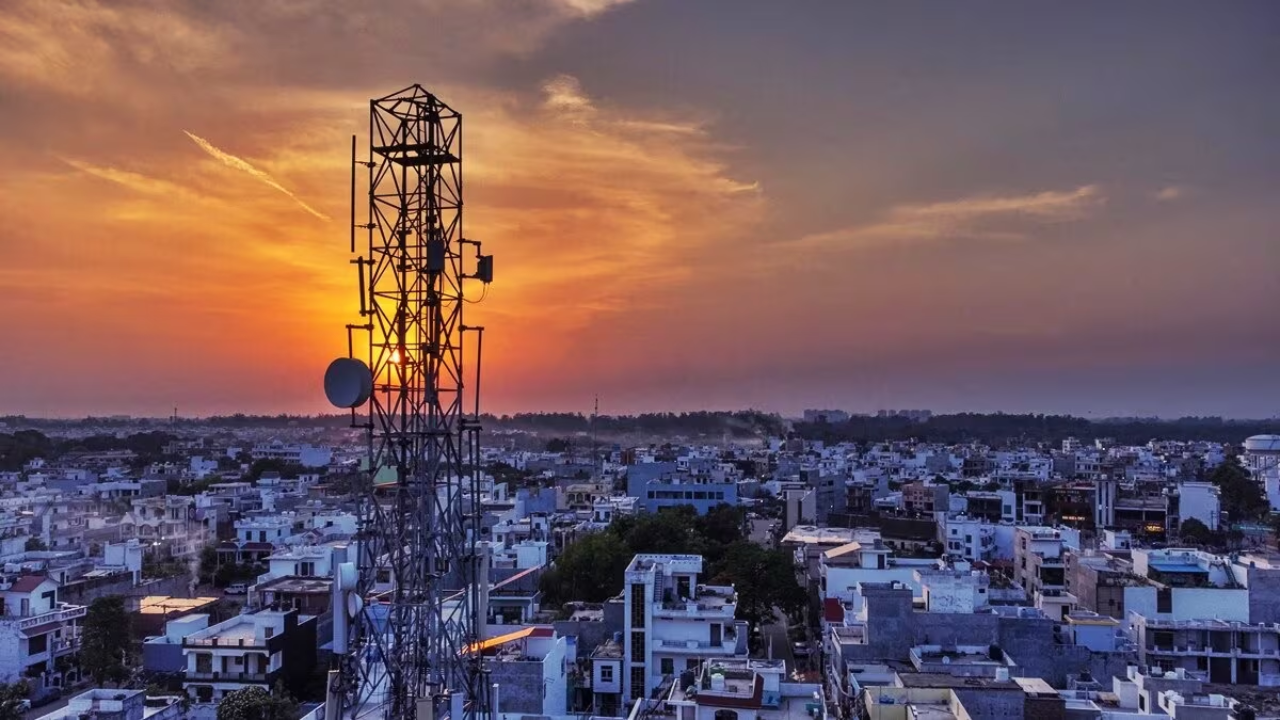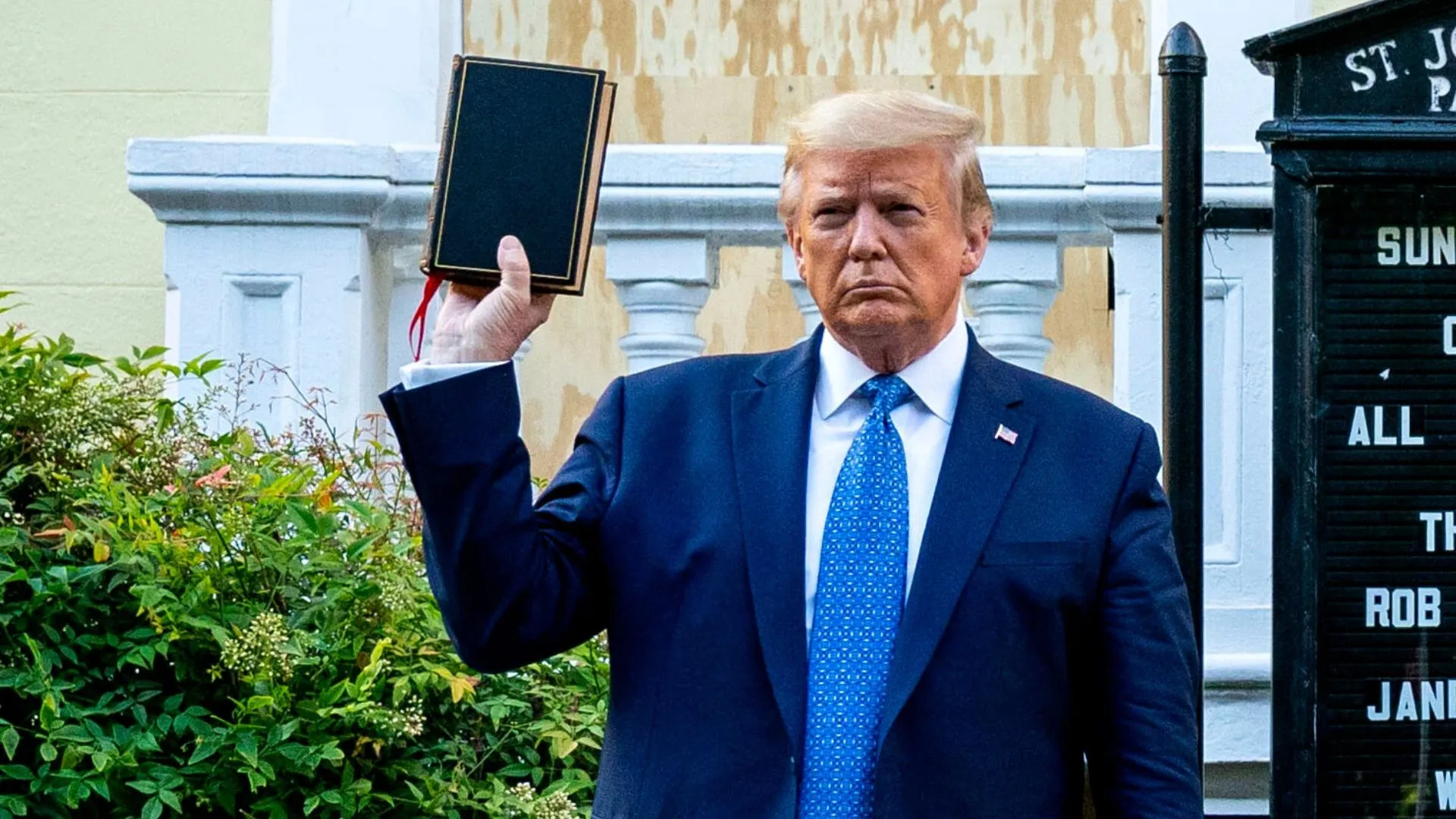The Telecommunication Act 2023, which came into effect on June 26, marks a significant overhaul of India’s telecom regulatory framework. This new legislation repeals long-standing laws such as the Indian Telegraph Act of 1885 and the Indian Wireless Telegraph Act of 1933, modernizing regulations to keep pace with technological advancements in the telecommunications sector.
One of the most notable changes introduced by the new law is the shift from a license regime to an authorization mechanism, simplifying the regulatory process for telecom operators.
Key Highlights Of The Telecommunication Act 2023
Emergency Control Powers: The new telecom law grants the government authority to take control of any telecommunications services or networks during emergencies. According to the gazette notification, this power can be invoked on grounds of national security, public order, or to prevent offences.
Journalists’ Communications: Messages sent by journalists accredited by the state and central government for news purposes are exempt from surveillance. However, if such communications are deemed potential threats to national security, they may be monitored and blocked.
Regulatory Sandbox: The law introduces a legal framework for a Regulatory Sandbox, aimed at fostering innovation and the deployment of new technologies within the telecom sector.
SIM Card Limits: The Act enforces new limits on the number of SIM cards an individual can hold. Generally, individuals are allowed a maximum of nine SIM cards. However, residents of Jammu & Kashmir and northeastern states are limited to six SIM cards per person. Exceeding these limits results in a fine of Rs 50,000 for first-time offenders and up to Rs 2 lakh for frequent violators. Furthermore, obtaining SIM cards through deceptive means can lead to penalties of up to Rs 50 lakh and three years of imprisonment.
Commercial Messages: Telecom operators now face a penalty of up to Rs 2 lakh for sending commercial messages without the recipient’s consent, addressing a common grievance among consumers.
Infrastructure Permissions: The Act allows the government to authorize telecom companies to install mobile towers or lay telecom cables on private properties when necessary, facilitating the expansion and improvement of telecom infrastructure.
The Telecommunication Act 2023 aims to enhance the regulatory environment to better reflect current technological realities, ensuring a more efficient and secure telecommunications framework for India.























